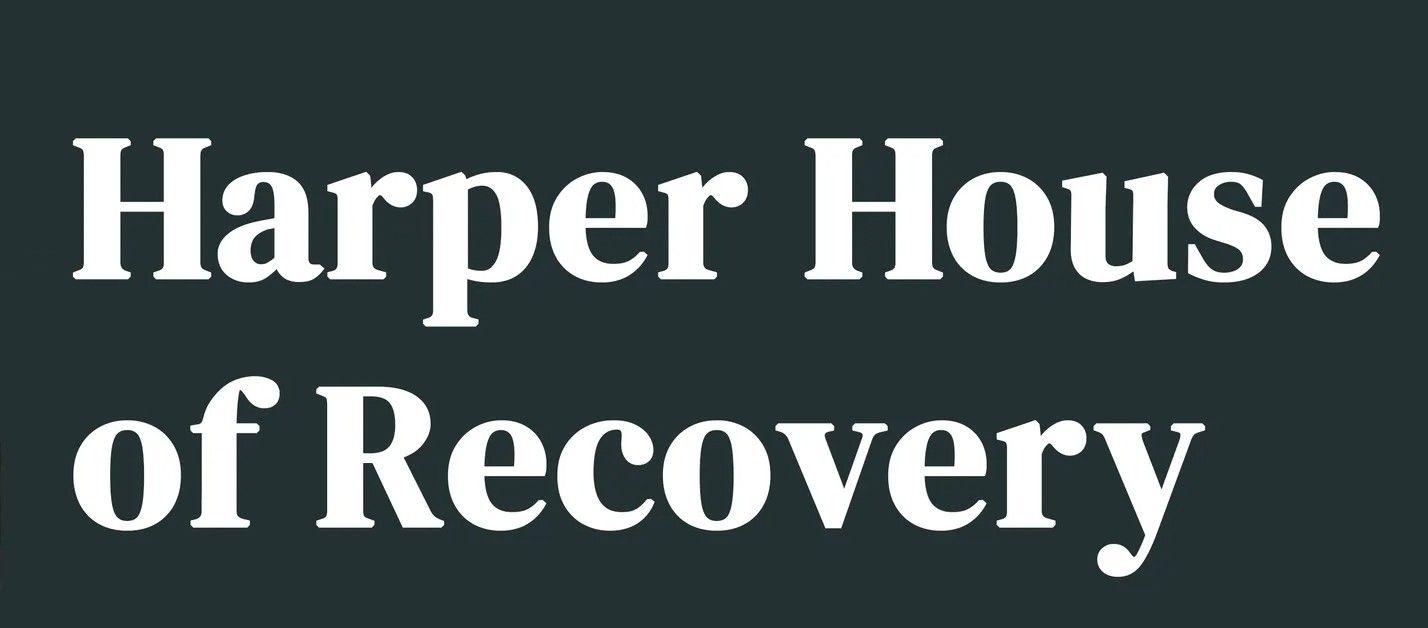Detroit Resident's Guide to Transitional Housing
Transitional housing in Detroit provides temporary supportive living arrangements for individuals working toward independent living and stability. These programs typically offer structured environments with access to life skills training, counseling services, and community support to help residents successfully transition to permanent housing.
What Types of Transitional Housing Are Available?
Detroit offers several types of transitional housing programs designed for different populations and needs. Some focus on individuals in recovery from substance use, while others serve those transitioning from homelessness, veterans, or people leaving institutional settings. Each program provides different levels of support and structure based on residents' specific circumstances and goals.
Most programs offer furnished accommodations and include case management services to help residents develop independent living skills. Quality transitional housing services in Detroit provide comprehensive support that goes beyond just providing a place to stay, focusing on long-term stability and success.
How Long Can You Stay in Transitional Housing?
Stay lengths vary depending on the specific program and individual circumstances, but most transitional housing allows residents to stay for several months to two years. The goal is to provide enough time for people to develop the skills, resources, and stability needed for independent living without creating long-term dependence on the program.
Many programs work with residents to establish clear goals and timelines for transitioning to permanent housing. This might include saving money, finding employment, completing education or training programs, or addressing health and wellness needs that support independent living.
What Services Are Typically Included?
Comprehensive transitional housing programs typically include case management, life skills training, and connections to community resources. Residents often receive support with budgeting, job searching, accessing healthcare, and developing healthy daily routines that support their long-term success.
Many programs also provide group activities, counseling services, and educational workshops that help residents build social connections and develop important life skills. The most effective programs offer individualized support plans that address each person's unique needs and goals for independent living.
Detroit's Urban Environment Impact on Transitional Housing
Detroit's urban setting provides both opportunities and challenges for transitional housing residents. The city offers access to public transportation, employment opportunities, educational institutions, and community services that can support successful transitions to independent living.
However, residents also need support navigating urban challenges such as finding affordable permanent housing, accessing quality healthcare, and building positive community connections. Harper House of Recovery understands these unique aspects of Detroit living and provides life coaching services in Detroit that help residents develop the skills needed to thrive in the city's urban environment.
If you or someone you know is seeking transitional housing support in Detroit, consider reaching out to programs that offer comprehensive services and understand the local community. Contact Harper House of Recovery at (313) 405-9130 to learn more about our transitional housing options and the support services available to help you achieve lasting stability and independence.
